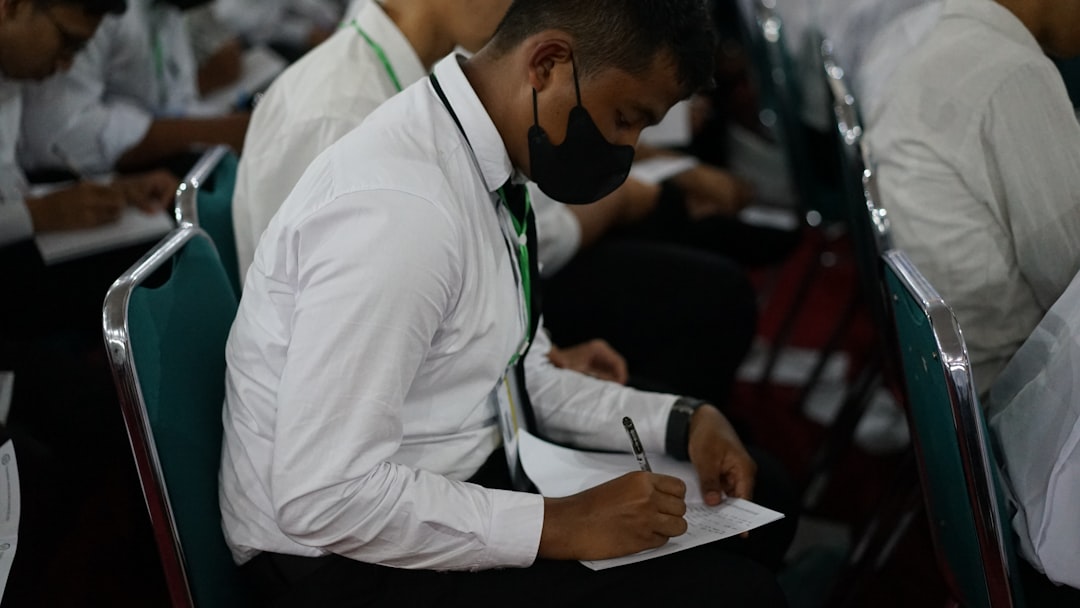Rugby league is a sport that demands exceptional strength, speed, and endurance from its players. This physical intensity results in a higher risk of injuries, making physiotherapy an essential component of the game. Rugby league physiotherapists play a crucial role in not only treating injuries but also in preventing them and enhancing player performance.
Physiotherapy in rugby league involves a comprehensive approach to player care. It includes injury prevention strategies, immediate injury management, rehabilitation, and performance optimisation. Physiotherapists work closely with players to develop personalised programmes that address their specific needs. This personalised attention ensures that players can maintain peak performance levels while minimising the risk of injury.
Injury prevention is a significant aspect of rugby league physiotherapy. Physiotherapists utilise a range of techniques to prepare players for the physical demands of the game. These techniques often include strength and conditioning exercises, flexibility training, and education on proper techniques and posture. By focusing on prevention, physiotherapists help players avoid common rugby-related injuries such as sprains, strains, and concussions.
When injuries do occur, immediate and effective management is crucial. Rugby league physiotherapists are trained to provide first aid and emergency care on the field, ensuring that players receive prompt attention. This immediate intervention can significantly impact the player’s recovery time and overall outcome. Physiotherapists are also responsible for designing and implementing rehabilitation programmes tailored to the individual needs of the injured player. These programmes aim to restore function, reduce pain, and facilitate a safe return to play.
Rehabilitation is a critical phase where physiotherapists guide players through structured exercises and treatments to regain strength, balance, and coordination. The goal is to ensure that players are not only fit to return but also less likely to suffer re-injury. This focus on long-term recovery and health is what sets rugby league physio apart from basic injury treatment.
Performance optimisation is another key area where rugby league physiotherapists contribute significantly. By working on muscle balance, core stability, and sport-specific skills, physiotherapists help players achieve optimal performance. This holistic approach considers all aspects of a player’s physical health, ensuring they are in the best possible condition to excel in their sport.
For those interested in learning more about the role of physiotherapy in sports, particularly rugby league, the rugby league physio section on Pro Performance Physio’s website offers a wealth of information. It details the various techniques and strategies employed by physiotherapists to keep athletes performing at their best.
Moreover, the relationship between physiotherapists and players is built on trust and communication. A physiotherapist must understand each player’s unique physical and psychological needs to provide effective treatment and advice. This close working relationship helps to create a supportive environment where players feel confident in their ability to recover and perform.
As the demands of rugby league continue to evolve, so too do the methods and techniques used by physiotherapists. Continuous professional development and training ensure that physiotherapists remain at the forefront of sports medicine. This commitment to excellence benefits not only the players but the sport as a whole.
For anyone involved in rugby league, whether as a player, coach, or supporter, understanding the vital role of physiotherapy is essential. It not only enhances individual player performance but also contributes to the overall success and safety of the team. To explore more about how physiotherapy can benefit sports performance, visit the Pro Performance Physio website for comprehensive insights and expert advice.








